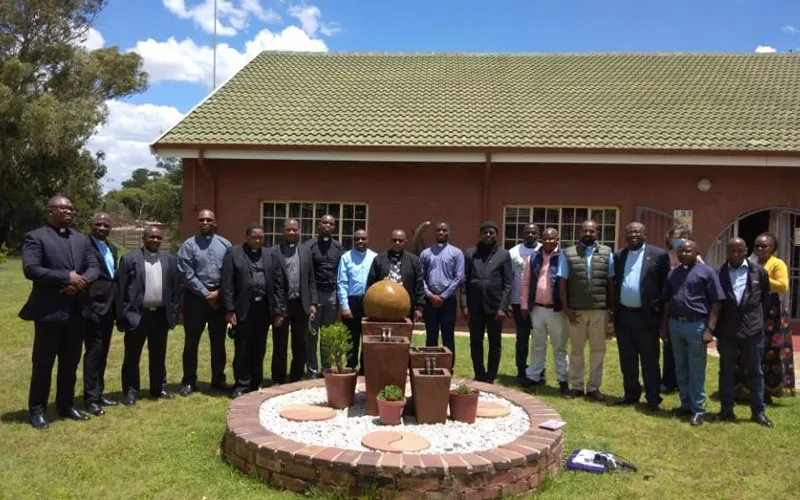Pretoria, 28 November, 2021 / 9:14 pm (ACI Africa).
Human formation is quite critical in the training of candidates for the Priesthood in the Catholic Church, a Rector in South Africa has told ACI Africa in an interview.
“The formation of a Priest is not just only about the spiritual; the human aspect of formation is very foundational in the life of a Priest,” the Rector of St. John Vianney Major Seminary, Fr. John Selemela, told ACI Africa correspondent in South Africa.
The Rector of the Major Seminary for Diocesan Priests located in South Africa’s Pretoria Archdiocese highlighted aspects of human formation that candidates to the Priesthood are taught during their years of formation.
Making reference to a candidate to the Priesthood, Fr. Selemela said, “Small things like how is he able to relate to people; basic things like is he able to be neat and clean, can he minister adequately to people in terms of his own professionalism, in terms of his own professional attitude, his organizational skills, his ability to work with people, to dialogue with them and to relate to people in the various aspects of their life without actually really imposing himself?”
Human formation, the South African Catholic Priest said, “is basically about maturity and all these other aspects. The spiritual, the intellectual and the pastoral build on the human formation.”








